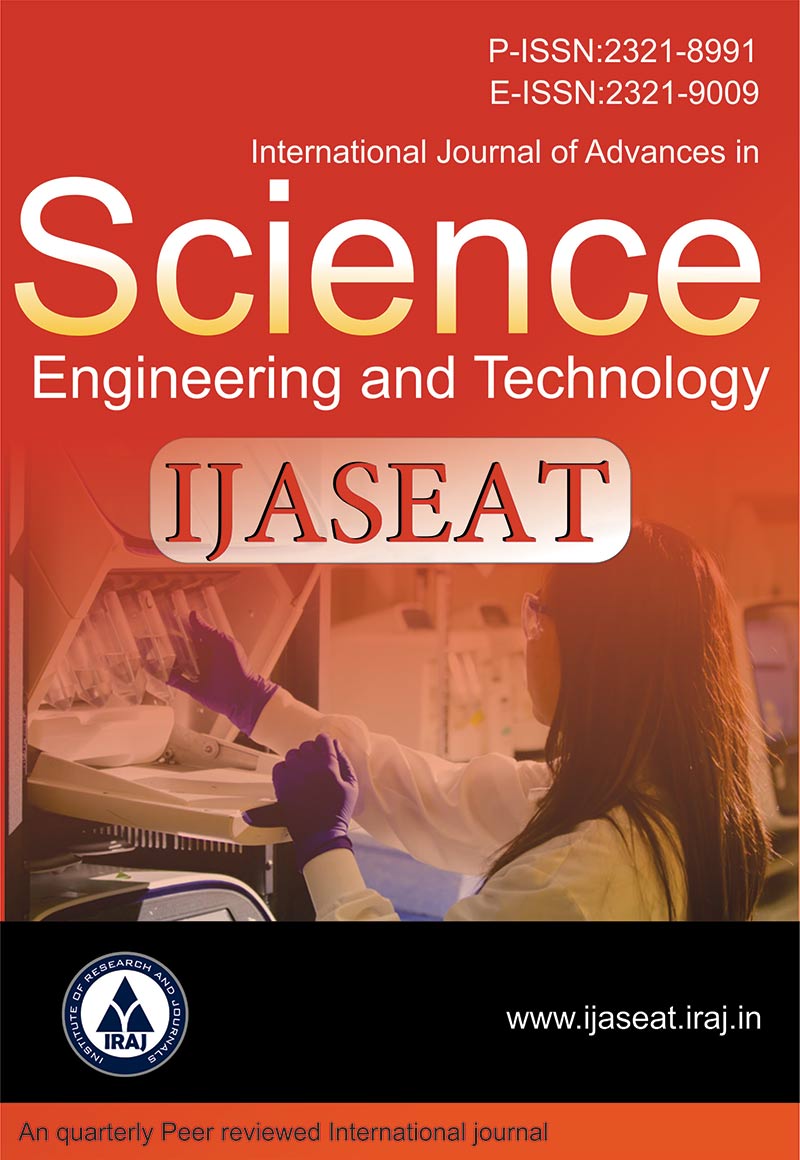Publish In |
International Journal of Advances in Science, Engineering and Technology(IJASEAT)-IJASEAT |
 Journal Home Volume Issue |
||||||||
Issue |
Volume-6,Issue-1,Special Issue - 1 ( Feb, 2018 ) | |||||||||
Paper Title |
PDMS Bonding Via a Portable, Low-Cost Corona System, for Microfluidic Chip Fabrication | |||||||||
Author Name |
Neha Mishra, Amit Prabhakar, Amar Dhwaj, Rohit Vishwakarma | |||||||||
Affilition |
Research Scholar, Indian Institute of Information Technology, Deoghat Jhalwa,Allahabad Assistant Professor, Indian Institute of Information Technology, Deoghat Jhalwa,Allahabad Project Scientist, Indian Institute of Information Technology, Deoghat Jhalwa,Allahabad m.Tech,Indian institute of information technology , Deoghat jhalwa,Allahabad | |||||||||
Pages |
60-62 | |||||||||
Abstract |
Microfluidics technology has been attracting significant interest due to its vast potential to create miniature tools for life sciences. In recent years, micromolding of polydimethylsiloxane(PDMS) has become a pervasive tool for fabricating microfluidic devices . One of major advantage of PDMS, in addition to ease of use and excellent molding and optical qualities, is its bonding property with glass or to itself without the use of adhesives. Conventional method used for creating this permanent bond used is activation of bonding surfaces by oxygen plasma treatment. Conventional methods used for PDMS bonding are costly, bulky, equipment requires high maintenance. To overcome these drawbacks, for fabricating PDMS prototypes beyond specialized engineering laboratories, we require simpler, more economical means of surface activation. Plasma ‘guns’ such as the Tri-Star Duradyne offer a somewhat less bulky alternative to traditional vacuum plasma systems, but is a costly affair. They do not require vaccum chamber but for achieving desired plasma controlled gas flow is required. Corona discharge for surface activation during PDMS-PDMS (polydimethylsiloxane) or PDMS-glass bonding may be used as an alternative method. In the current work we have put our effort in designing and developing a cost effective, custom made, hand held corona discharge system for surface activation of Polymer/Glass channels. We have used a flyback transformer for generating high voltage that may aid to generate corona discharge. The main advantage of this Corona-treated PDMS is that it can be peeled off within the first 30 minutes, and re-bonded without obvious bonding strength degradation, which may allow us for sufficient time for layer by layer accurate alignment and bonding of multiple fluidic chip components, during multilayer soft lithography process. After surface activation with this custom made device, surface wetting property of PDMS polymer was found to be enhanced equivalent to a conventional oxygen plasma treatment method. Further, a long and narrowly shaped microfluidic chip was sealed successfully in which no noticeable leakage was observed, even at comparatively very high flow rates of DI water. Keywords - Microfluidics,PDMS,Corona,Flyback Transformer | |||||||||
| View Paper | ||||||||||